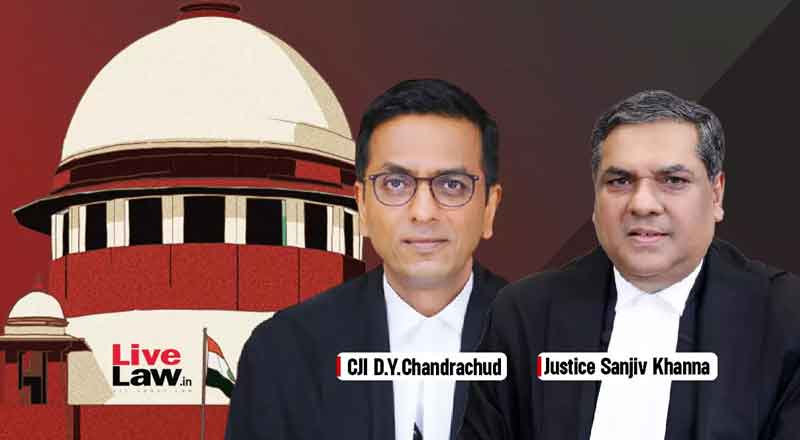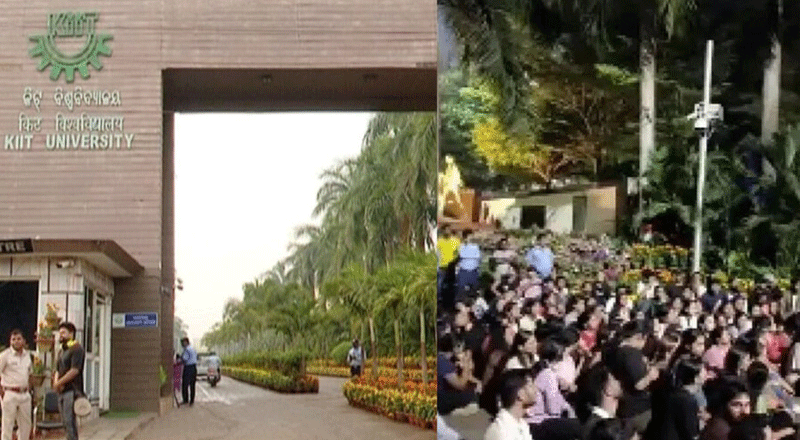Justice Sanjiv Khanna has been officially named the next Chief Justice of India (CJI), set to succeed CJI DY Chandrachud, whose tenure ends on November 10, 2024. As per tradition, the senior-most judge of the Supreme Court is recommended as the next CJI by the outgoing Chief Justice, and the appointment is then approved by the Union government. With his elevation, Justice Khanna will become the 51st Chief Justice of India, continuing a long legacy of esteemed legal professionals at the helm of the judiciary.
The Transition from CJI Chandrachud to Justice Khanna
CJI DY Chandrachud, who took office on November 9, 2022, will retire after completing his two-year tenure. In his final days, CJI Chandrachud reflected on his time in office, expressing concerns about the legacy he will leave behind and how future generations will view his achievements. During an event in Bhutan, he admitted to being preoccupied with questions of whether he accomplished all that he had aimed for and how his decisions will be judged in the years to come. His father, YV Chandrachud, was the longest-serving CJI, holding the position from February 1978 to July 1985.
Following Chandrachud’s departure, Justice Sanjiv Khanna will take over, bringing his vast legal expertise and experience to the role.
Who Is Justice Sanjiv Khanna?
Justice Sanjiv Khanna is a highly respected figure in the Indian judiciary. He began his legal career in 1983, enrolling as an advocate with the Bar Council of Delhi. Starting with district court practice at the Tis Hazari complex, he quickly rose through the ranks, practicing in the Delhi High Court and various tribunals. His early career highlights include serving as the Senior Standing Counsel for the Income Tax Department and later as Standing Counsel (Civil) for the National Capital Territory of Delhi.
Justice Khanna’s elevation to the Supreme Court came on January 18, 2019, bypassing the conventional step of serving as Chief Justice of a High Court. His legal acumen and dedication made him one of the senior-most judges in the country. He currently serves as the Executive Chairman of the National Legal Services Authority and is a member of the Governing Council of the National Judicial Academy in Bhopal.
A Brief Tenure as CJI
Justice Khanna will serve as CJI for a little over six months, retiring on May 13, 2025, in accordance with the retirement age of 65 for Supreme Court judges. Despite the relatively short tenure, he is expected to make significant contributions to India’s legal landscape, building on the reforms and decisions of his predecessor.
Legacy of CJI Chandrachud
CJI Chandrachud’s tenure is marked by his commitment to judicial independence, constitutional values, and the protection of individual rights. He will be remembered for his progressive rulings and dedication to modernizing India’s legal system. His succession by Justice Khanna ensures continuity in leadership, as the Supreme Court of India continues to uphold its role as the guardian of the Constitution.
Justice Khanna’s appointment marks another chapter in the storied history of India’s judiciary, and all eyes will be on him as he takes on this pivotal role in the country’s legal framework.
(With inputs from agencies)





